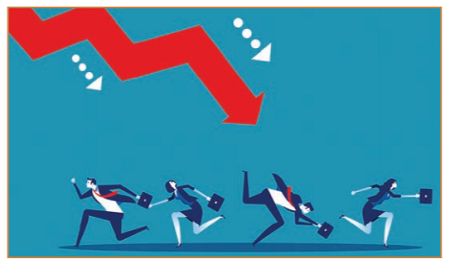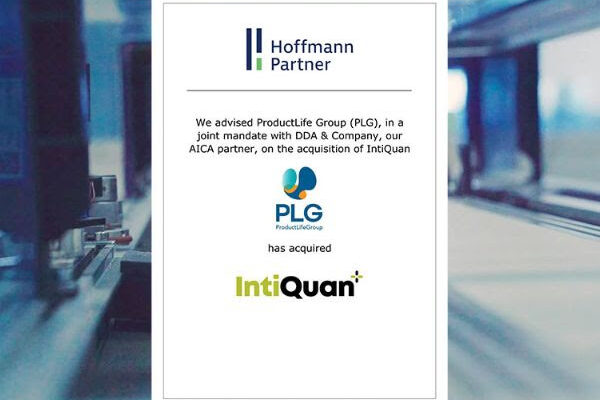Valuing distressed companies

Struggling businesses face different financial challenges than healthy ones do. Business valuation experts must factor these differences into their estimations when valuing troubled companies.
How do you assess distress?
Regardless of whether a business is healthy or distressed, experts must consider the following three general approaches to value it:
1. The cost approach. Under this technique, all assets and liabilities (including off-balance sheet, intangible, and contingent) are adjusted to their fair market values.
2. The market approach. This approach encompasses methods that derive pricing multiples (such as price-to-revenue and price-to-pretax earnings) by comparing the subject business to similar businesses that have been sold within a reasonable time period.
3. The income approach. Value is estimated by converting anticipated economic benefits (earnings) into a present single amount, using a discount rate that’s based on the risk of the investment.
When a business is under financial distress, it may be worth more “dead than alive.” That is, the business isn’t generating sufficient operating cash flow to justify keeping the business open in its current state of operations. It may need to reorganize or liquidate under the U.S. Bankruptcy Code. In these cases, the cost approach may serve as a “floor” for the company’s value.
How much is the business worth in liquidation?
Certain financial trends — such as recurring net losses, declining sales, and severely reduced liquidity — may suggest that the business should be liquidated. There are two types of liquidation value: orderly and forced.
As the name suggests, in an orderly liquidation, assets are sold piecemeal over a reasonable period of time to maximize proceeds. Conversely, forced liquidation value assumes assets will be sold as quickly as possible, possibly at an auction.
When estimating liquidation value, business valuation experts typically start with the balance sheet. The book values of recorded liabilities generally are accurate, but assets may require adjustments to estimate recoverability and current market values.
Experts also must consider the existence of unrecorded items. Examples include internally generated patents, trademarks, and customer lists, along with warranty claims and pending lawsuits. An expert also must factor in liquidation expenses, such as severance pay and professional fees. An escrow account may be set up for these incidentals before the company distributes liquidation proceeds to creditors and investors.
What about selling a distressed business?
Distressed businesses have a third alternative, beyond reorganization and liquidation. Some find a strategic buyer who’ll pay more than the fair market value under the cost approach to acquire the business or its assets. Potential strategic buyers may include competitors looking to expand market share or supply chain partners who want to become more vertically integrated. Strategic value is based on a specific buyer’s investment requirements and expectations. For example, a buyer may be willing to pay a premium for a company that provides synergies or economies of scale.
Beyond valuation
Distressed businesses often need more assistance than a simple valuation report. An experienced business valuation professional can help throughout the bankruptcy or reorganization process. For example, experts can help restructure debt, perform solvency analyses and work with court-appointed receivers.
They can also provide guidance to distressed business owners who would prefer to sell to a strategic buyer. Beyond setting an offer price, experts can help identify potential strategic buyers and structure deals to minimize adverse tax consequences.
< Blog




